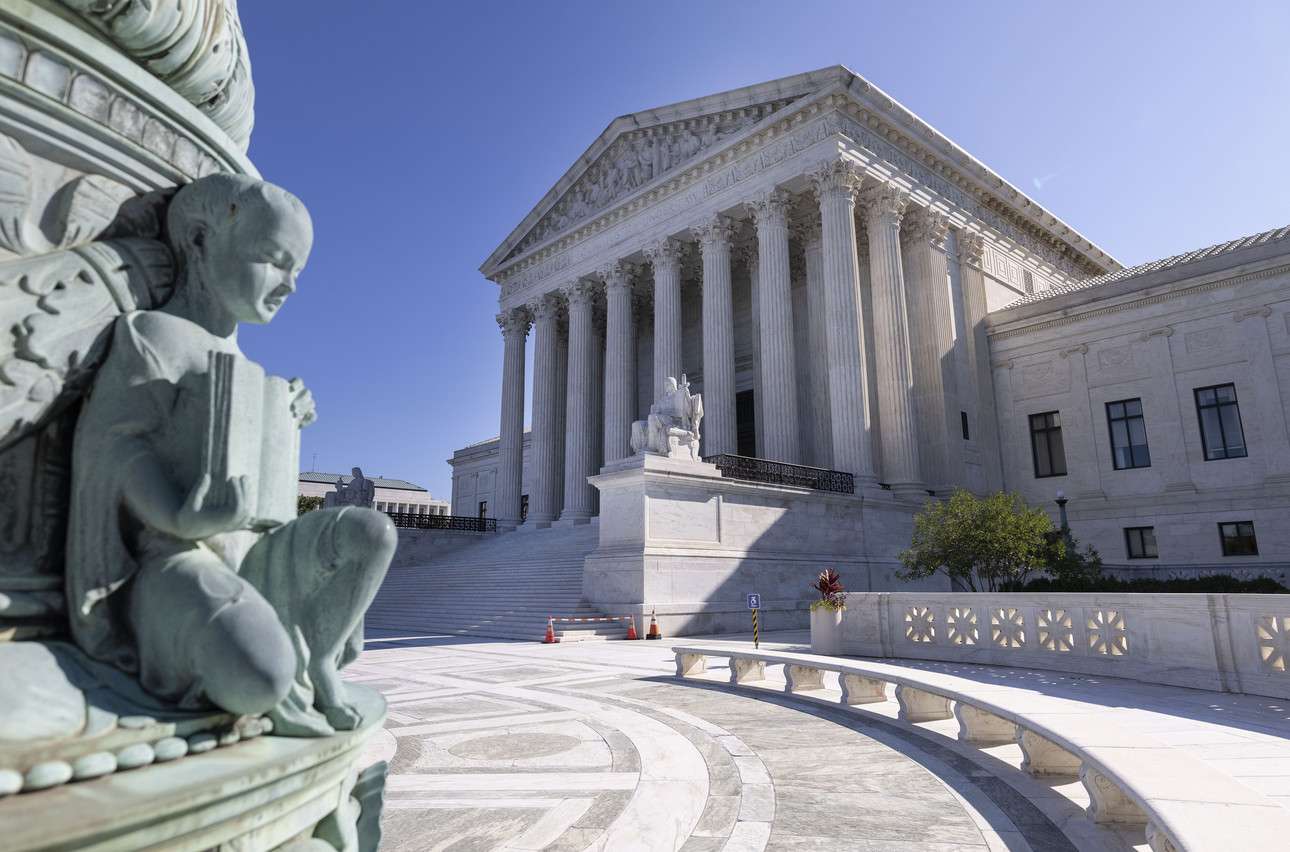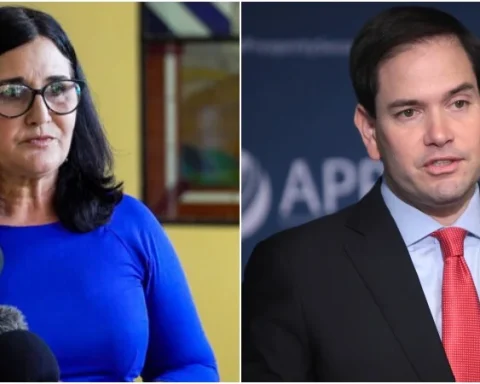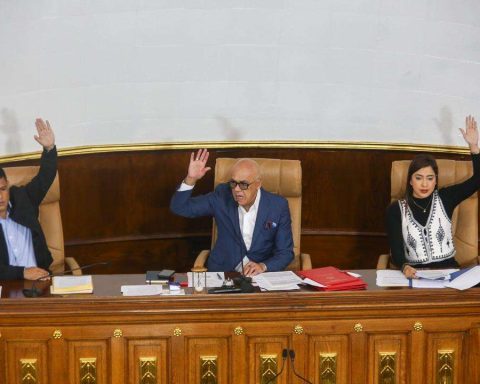The Supreme Court of the United States decided unanimously on Tuesday that the Treasury should provide a House investigative committee with copies of former President Donald Trump’s tax returns.
The decision clears up one of the main obstacles that the Committee has faced with fierce opposition from the ex-president, his lawyers and Republican congressmen. It’s a huge defeat for Trump, who has tried to hide the release of his tax returns for years and is currently under multiple investigations.
His legal team has continually tried to keep those statements secret and appealed to the Supreme Court, made up of three of his nominees, after losing in a lower court.
Chief Justice John Roberts, who oversees the trial court that issued the order in the Trump case, temporarily stayed the subpoena on Nov. 1, presumably to give justices more time to consider the issue.
House Ways and Means Committee Chairman Richard Neal, a Massachusetts Democrat, first tried to get Trump’s tax returns in 2019, but the IRS, then under the former president’s administration, refused. resisted giving them up. The case inched forward until 2021, when under the Biden administration the Justice Department reversed its legal position, concluding that the Treasury was obligated to comply with the committee’s request.
A Trump-appointed judge ruled in favor of the House late last year. The Court of Appeals for the District of Columbia Circuit, where the city of Washington is inserted, refused to overturn that ruling. More recently the full court of appeals refused to accept the case.
The court held that the request for the documents served a legitimate legislative purpose to review the tax laws that apply to a sitting president and rejected Trump’s argument that the stated purpose was merely a pretense to conceal a political objective. .
A separate legal case related to the House Oversight Committee’s search for tax information about Trump and his then-accounting firm ended in a settlement earlier this year. Taking the new dispute to the Ways and Means Committee to the Supreme Court, Trump argued that lower courts have taken up this case in 2020 in a process known as “Mazars.”
Trump’s lawyers argued that, like the “Mazars” case, the current dispute “stems from a congressional demand for the personal information of a then-incumbent president, a standoff between rival legislatures over records of intense political interest to all.” those involved”.
“No Congress has ever exercised its legislative powers to compel a president’s tax returns,” Trump’s lawyers argued, warning of the “far-reaching implications” of the District of Columbia Circuit ruling.
However, Douglas Letter, a House lawyer, urged the court to reject Trump’s offer to delay the subpoena, noting that the House had spent “more than three years” monitoring whether the Treasury can apply effectively and impartially. federal tax laws to presidents.
Letter said Trump’s tenure in office “amplified” those concerns.
“Trump owned a complex business network, engaged in international business activities, had a history of aggressive tax evasion (as he boasted), claimed to be under ‘continuous audit’ since before his presidency, and repeatedly denounced audits of Treasury on his person like him as ‘unfair,’” Letter wrote.
The case is complicated by the fact that Attorney General Elizabeth Prelogar, representing the Treasury and Treasury Department, sided with the House and rejected Trump’s arguments, emphasizing that the Court of Appeals “correctly held that the president’s request articulates a legitimate legislative purpose and passes examination under all suggested variations of the separation of powers analysis, including the standard this Court adopted in Trump vs. Mazars”.










![[Video] Downpour in Atanasio: the Medellín vs. Eagles [Video] Downpour in Atanasio: the Medellín vs. Eagles](https://latin-american.news/wp-content/uploads/2022/11/Video-Downpour-in-Atanasio-the-Medellin-vs-Eagles-1024x630.jpg)


